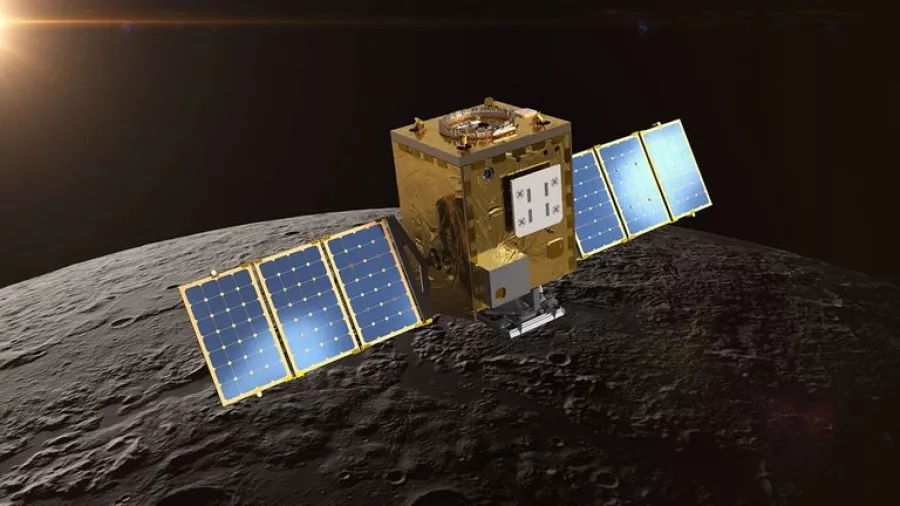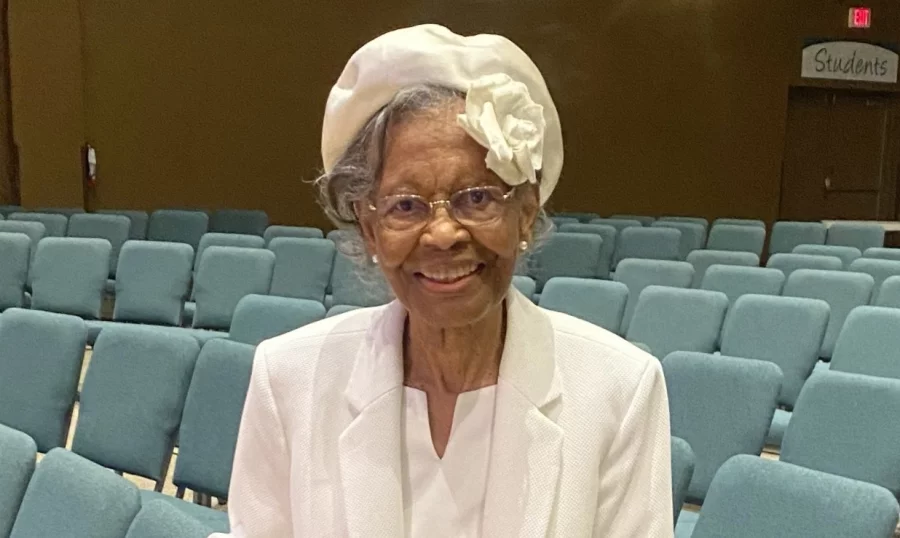 Six months before the space shuttle Challenger exploded over Florida on Jan. 28, 1986, Roger Boisjoly wrote a portentous memo. He warned that if the weather was too cold, seals connecting sections of the shuttle’s huge rocket boosters could fail.
Six months before the space shuttle Challenger exploded over Florida on Jan. 28, 1986, Roger Boisjoly wrote a portentous memo. He warned that if the weather was too cold, seals connecting sections of the shuttle’s huge rocket boosters could fail.
“The result could be a catastrophe of the highest order, loss of human life,” he wrote.
The memo was meant to jolt Morton Thiokol, the company that made the boosters and employed Mr. Boisjoly. In July 1985, a task force had been formed, partly on Mr. Boisjoly’s recommendation, to examine the effect of cold on the boosters. The effort, however, had become mired in paperwork, procurement delays and a rush to launch the shuttle, according to later investigations.
Meanwhile, his apprehensions only grew. The night before the Challenger’s liftoff, the temperature dipped below freezing. Unusual for Florida, the cold was unprecedented for a shuttle launching, and it prompted Mr. Boisjoly and other engineers to plead that the flight be postponed. Their bosses, under pressure from NASA, rejected the advice.
The shuttle exploded 73 seconds after launching, killing its seven crew members, including Christa McAuliffe, a high school teacher from Concord, N.H.
Mr. Boisjoly’s memo was soon made public. He became widely known as a whistle-blower in a federal investigation of the disaster. And though he was hailed for his action by many, he was also made to suffer for it.
TVNL Comment: Whistle blowers pay a price. Mr. Boisjoly paid a very high price, as did the Challenger crew, and few will ever know. But the myth of Ronald Reagan lives on.


 In the middle of the 7th century, a plague swept through the walled city of Jerash,...
In the middle of the 7th century, a plague swept through the walled city of Jerash,... A newly discovered species of large dinosaur lived in marshy areas, hunted for fish and had...
A newly discovered species of large dinosaur lived in marshy areas, hunted for fish and had... On February 26, 2025, a NASA probe called Lunar Trailblazer lifted off from Kennedy Space Center...
On February 26, 2025, a NASA probe called Lunar Trailblazer lifted off from Kennedy Space Center... She navigated segregation to become an esteemed mathematician — and today, her work helps billions of...
She navigated segregation to become an esteemed mathematician — and today, her work helps billions of...






























